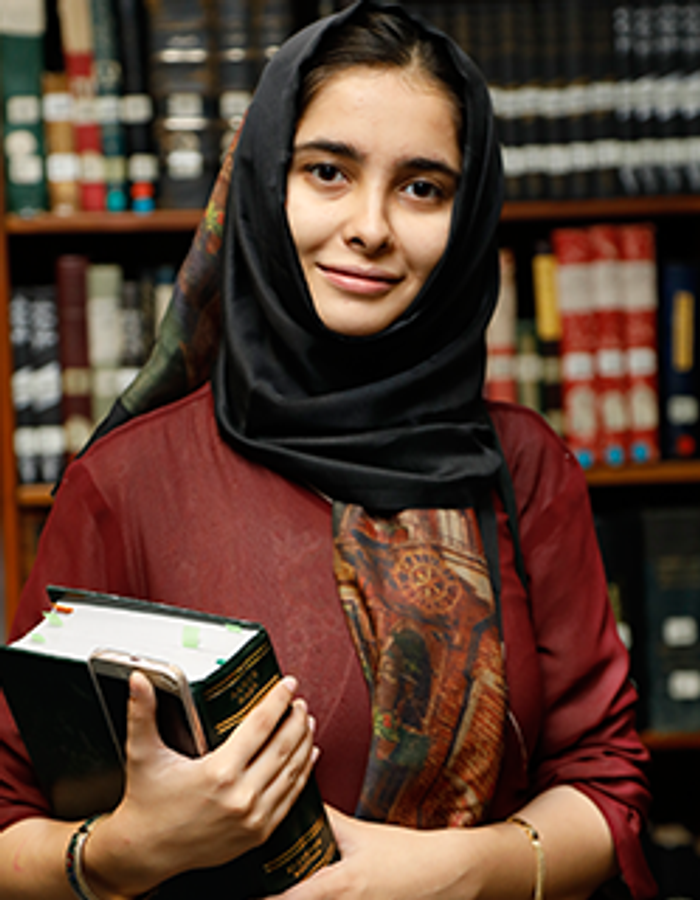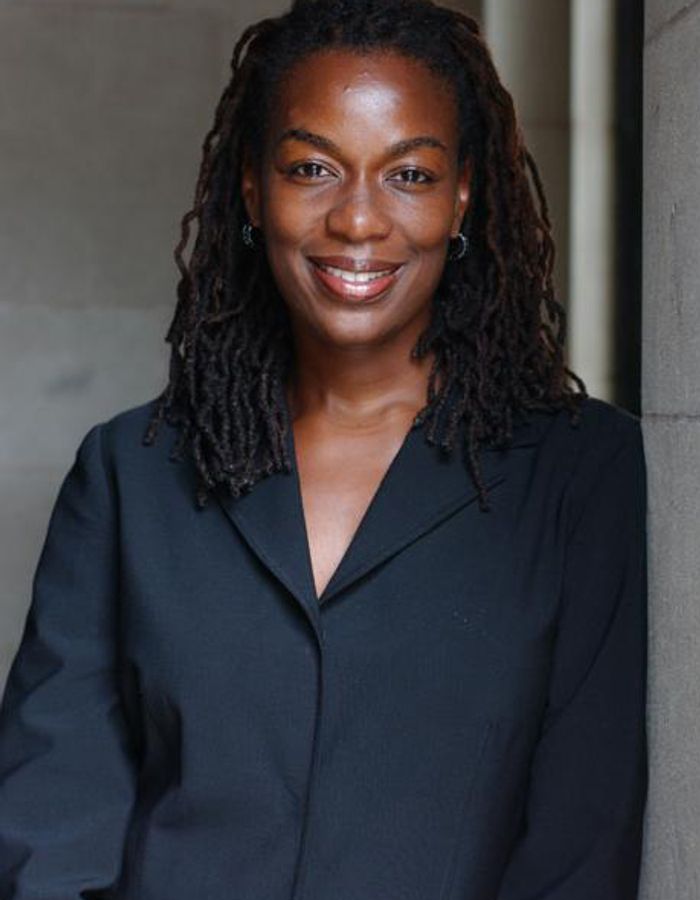AI and social good: what are the opportunities for nonprofits
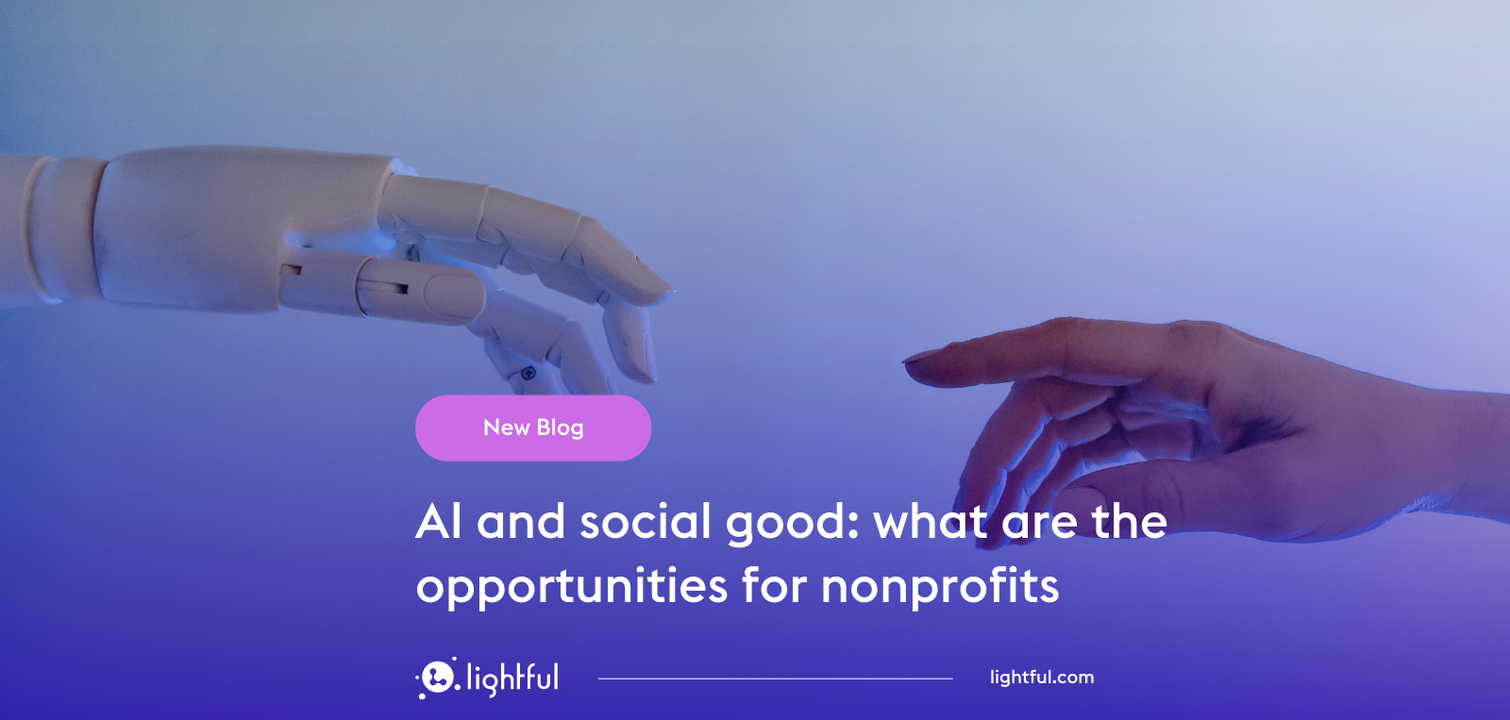
Over the past few months we have seen an acceleration of news and developments about artificial intelligence (AI) and how it can potentially transform the way nonprofits are working. Last month, Lightful was delighted to host a fireside chat with smart tech experts and co-authors of The Smart Nonprofit: Staying Human-Centered in An Automated World, Beth Kanter and Allison Fine.
AI and the nonprofit sector, can we ignore it?
“We absolutely have to pay attention, because if nothing else has become clear this year with Chat GPT, it is how fast, and how powerful these tools are”- Allison Fine.
AI tools will be coming your way whether you like it or not so it’s important that nonprofits feel prepared and confident entering this new era of technology. Particularly for grassroots organisations with smaller teams and less capacity, AI can help organisations improve efficiency, and automate repetitive tasks that take up so much time.
We know people have mixed feelings towards AI, so we asked attendees how they felt about this upcoming trend and as expected, the answers were varied across the group!
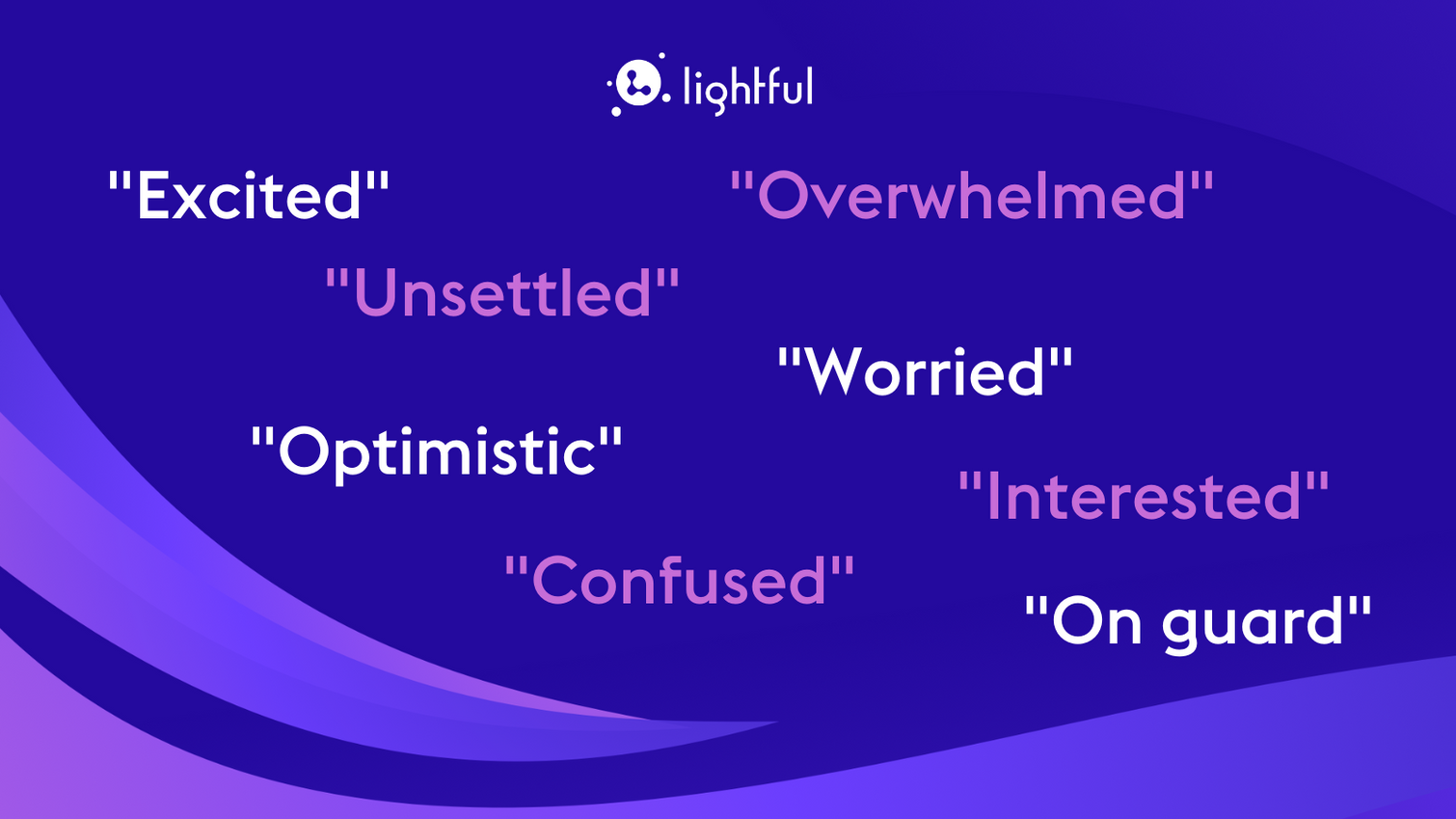
For a nonprofit cautious about using AI, replacing everyday tasks can be a good place to start. In their book, The Smart Nonprofit: Staying Human-Centered in An Automated World, Beth and Allison talk about the dividend of time, the idea that smart technology can take over time-consuming routine tasks. But Allison made an important point during the panel discussion, that this will only work effectively for organisations that change the way they work. If nonprofit professionals continue to try to do more and more, adding the use of AI to a never ending to-do list, it will ultimately just lead to burn out. The task is to identify how using AI can save you time, finding out what tech does well, and allowing humans to do what humans do well, which is to problem-solve, to build relationships, and to build communities.
“This technology offers us this great opportunity to re-huanise work, because it can take over some of the grunt work, even become our assistants! It can allow us to really do the work that we came into the sector to do, which will lead to greater impact” - Beth Kanter.
The ethics of AI
92% of attendees at the webinar said they were concerned about the ethical considerations of AI, and rightly so. AI algorithms can perpetuate biases, leading to discrimination and inequality. It’s important that nonprofits understand the potential ethical implications of AI, and ensure everyone in their team has the right skills to work with AI ethically and successfully.
“You need to understand what this technology is, what it does, and how and where it could go off the rails. You need to be deeply human-centered" - Allison Fine.
A human-centered approach ensures individuals are treated well. For example, if organisations are changing roles and taking tasks away from staff and passing them to AI, they need to involve the people in those roles and engage staff throughout the transition. Senior leadership teams must be transparent about their plans to leverage AI, and how it might impact teams and individuals. Developing policies and guidelines around AI usage can help ensure organisational alignment, and also helps enhance transparency around how, why, and where a company is using AI.
Reinveting fundraising through AI
As we mentioned already, there are a number of ways that AI can reduce the burden on grassroots organisations, and saving time is definitely music to a fundraiser’s ears! From identifying effective donor messaging to analysing donor data, AI can help elevate fundraising strategies. AI can be used to customise messages to donors of every level, ensuring their donation is recognised and thanked in a personalised manner. People connect with people, and so passing mundane tasks over to AI will free up time for fundraisers so they can focus on what they do best - building and maintaining relationships with individuals.
“We could use this opportunity to create a new chapter in fundraising, one that's deeply relational, one that feels better to both staff and to donors, one that is more human in so many ways. That to me, is the opportunity to create a twenty-first century model of fundraising” - Allison Fine.
Are you looking to harness the power of AI? Here are three reccomendations from Lightful.
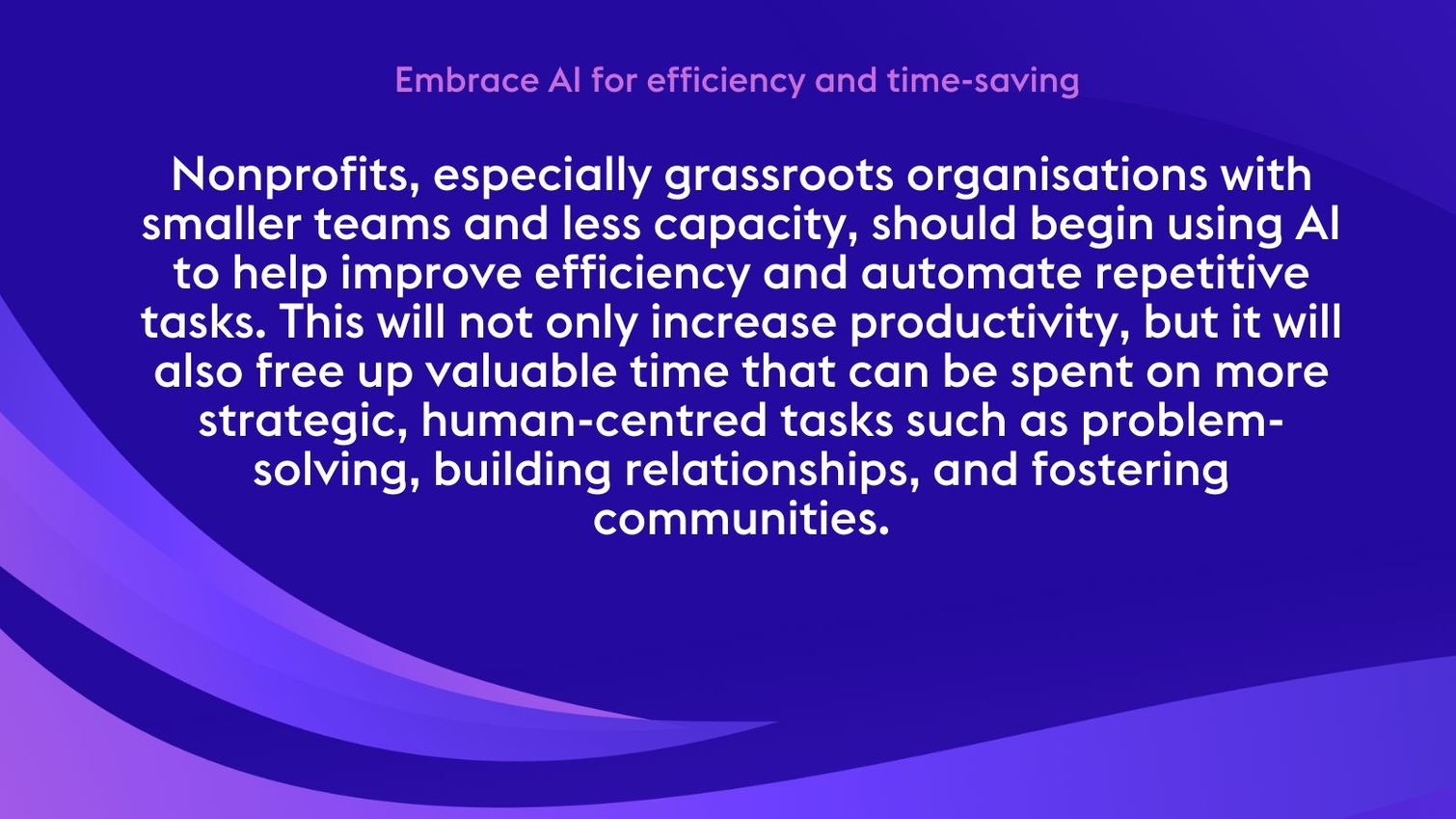
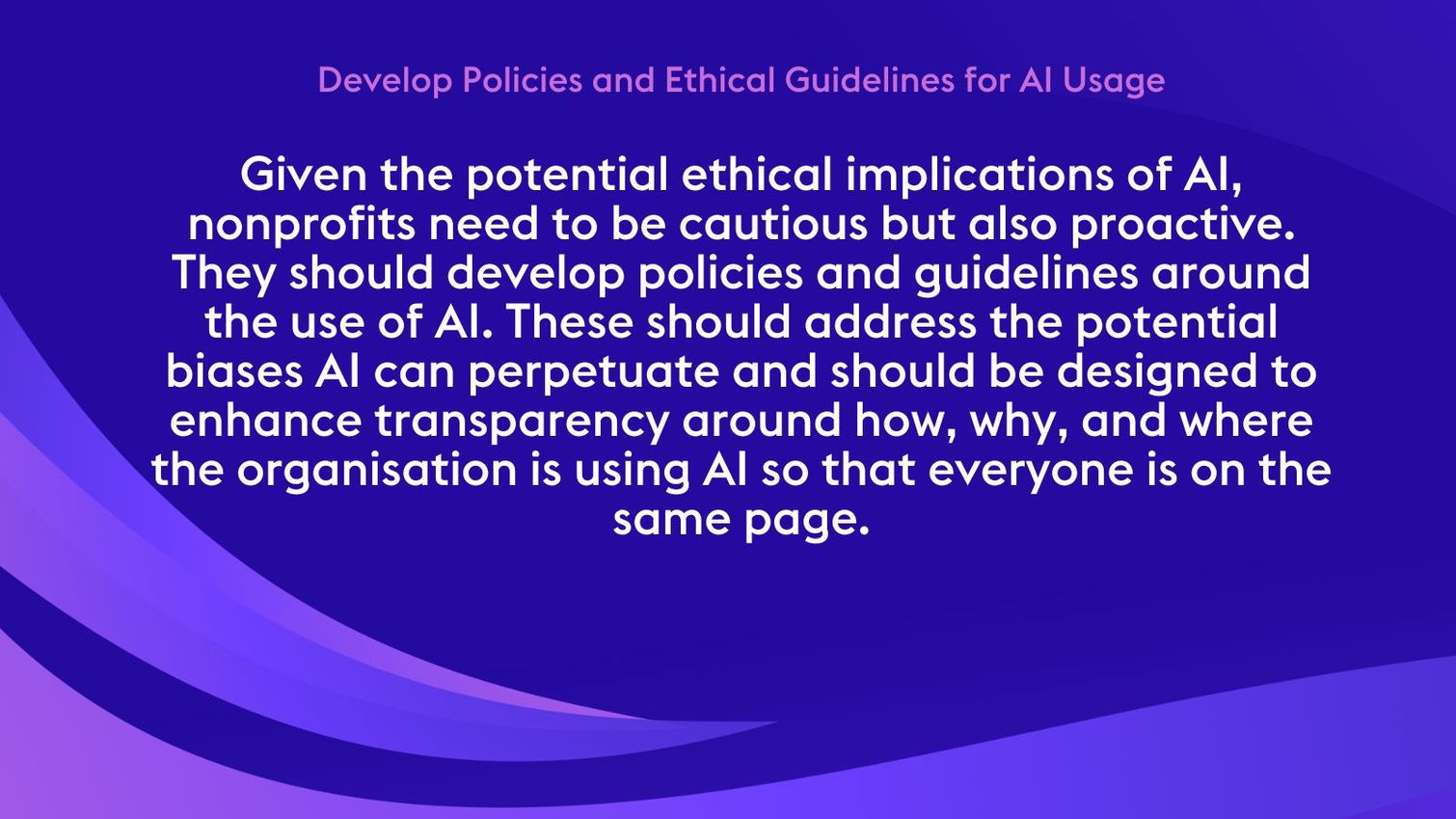
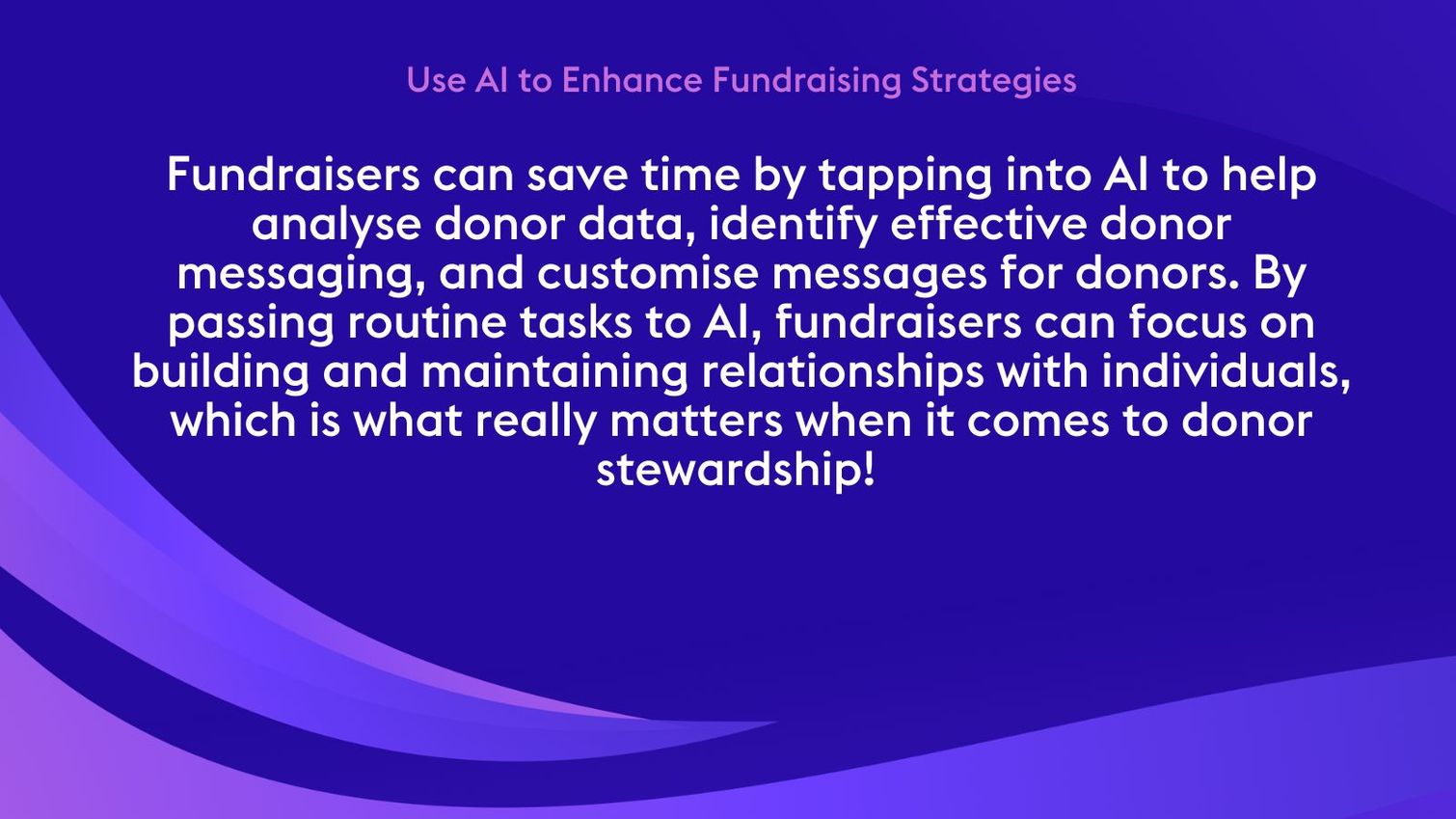
Entering into the world of AI takes courage, as it means changing the way we work, and letting go of some tasks. But this can only be a benefit for the nonprofit sector, allowing individuals to focus on what they came into the sector to do, to create social change and inspire good.
A recording of the panel event with Beth Kanter and Allison Fine is available below:
Latest articles
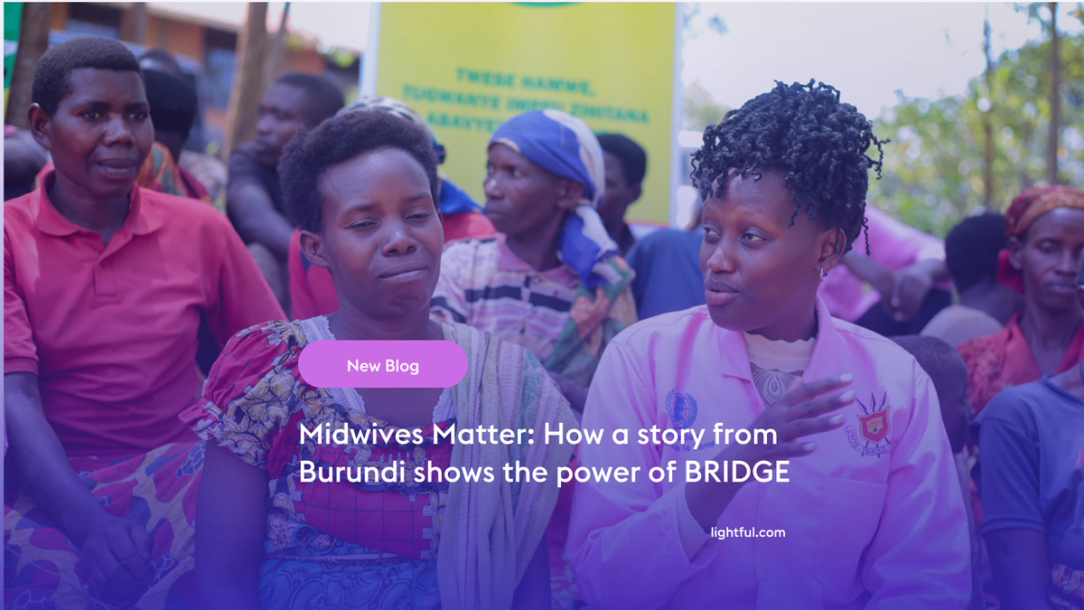
Over the past year, Lightful and the International Confederation of Midwives (ICM) have supported Midwives Associations across Africa, South Asia and the Eastern Mediterranean to build their digital confidence through our BRIDGE programme. These organisations were starting from very different places, but all shared the same goal: to use digital tools to strengthen their voice, raise their visibility and advocate for better outcomes for women and babies.
Related posts
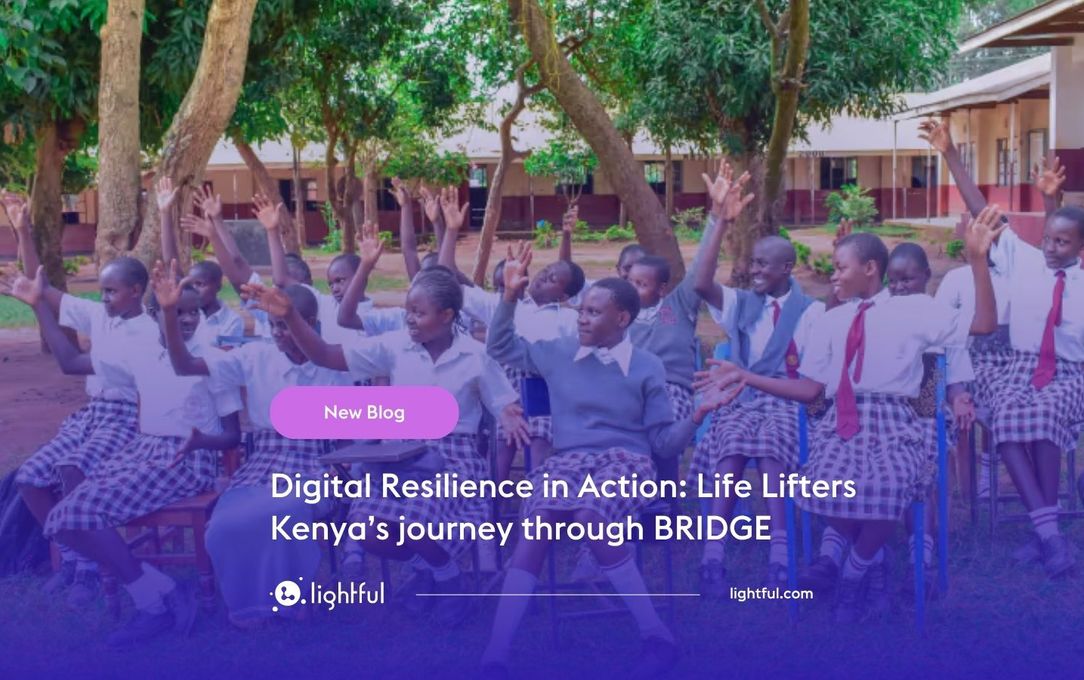
In today’s rapidly evolving digital landscape, the ability to engage online is a necessity. For nonprofits, especially those working in underserved regions or tackling complex social issues, digital tools can be the bridge between intention and impact. Whether it’s reaching new donors, advocating for policy change, or delivering services, digital capacity enables organisations to scale their mission and deepen their impact. Yet many grassroots organisations remain digitally under-resourced. That’s why Lightful created the BRIDGE programme - Building Resilience in Digital Growth and Engagement - to empower nonprofits with the skills, confidence, and strategies to thrive in the digital age and build lasting change.
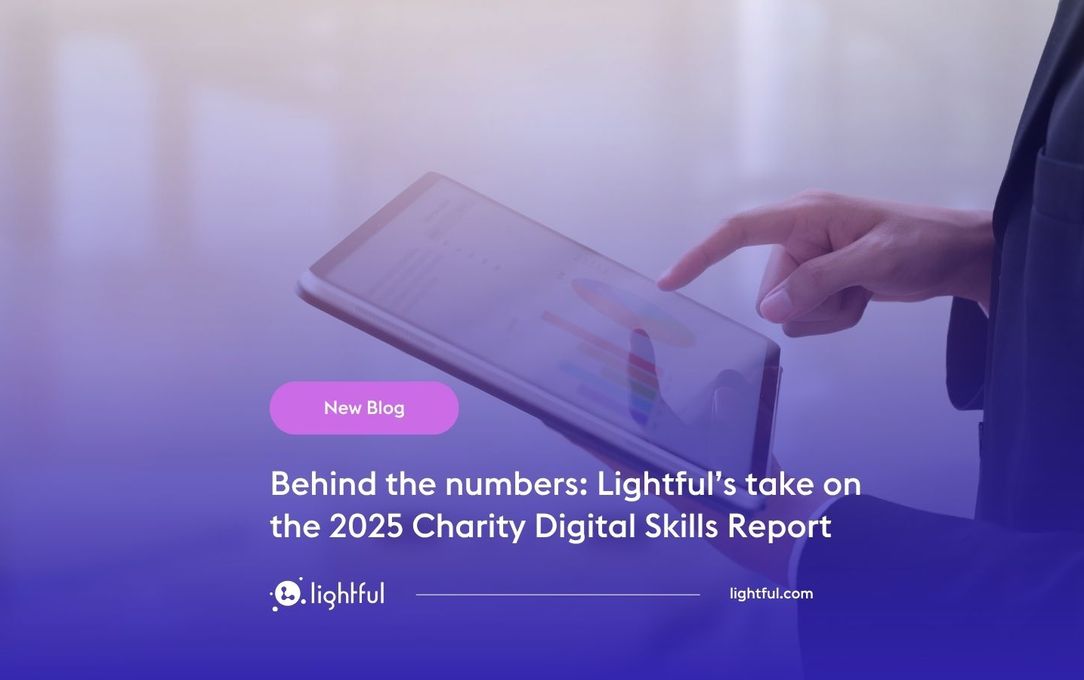
Advancing digital maturity: what Lightful has learned from supporting 3,500 charities globally
See who we help
Contact us
Want to learn more?
Email Jonathan and start a conversation





